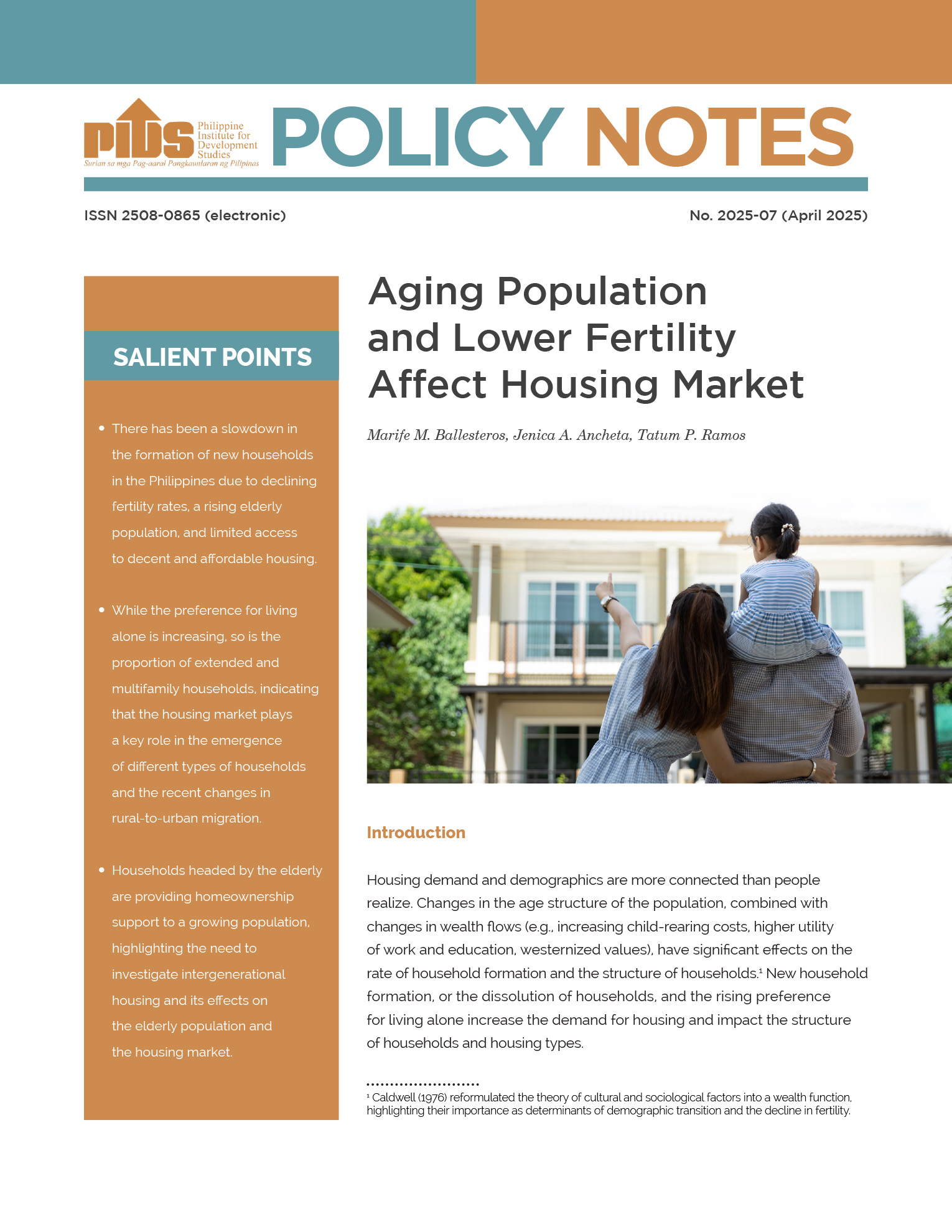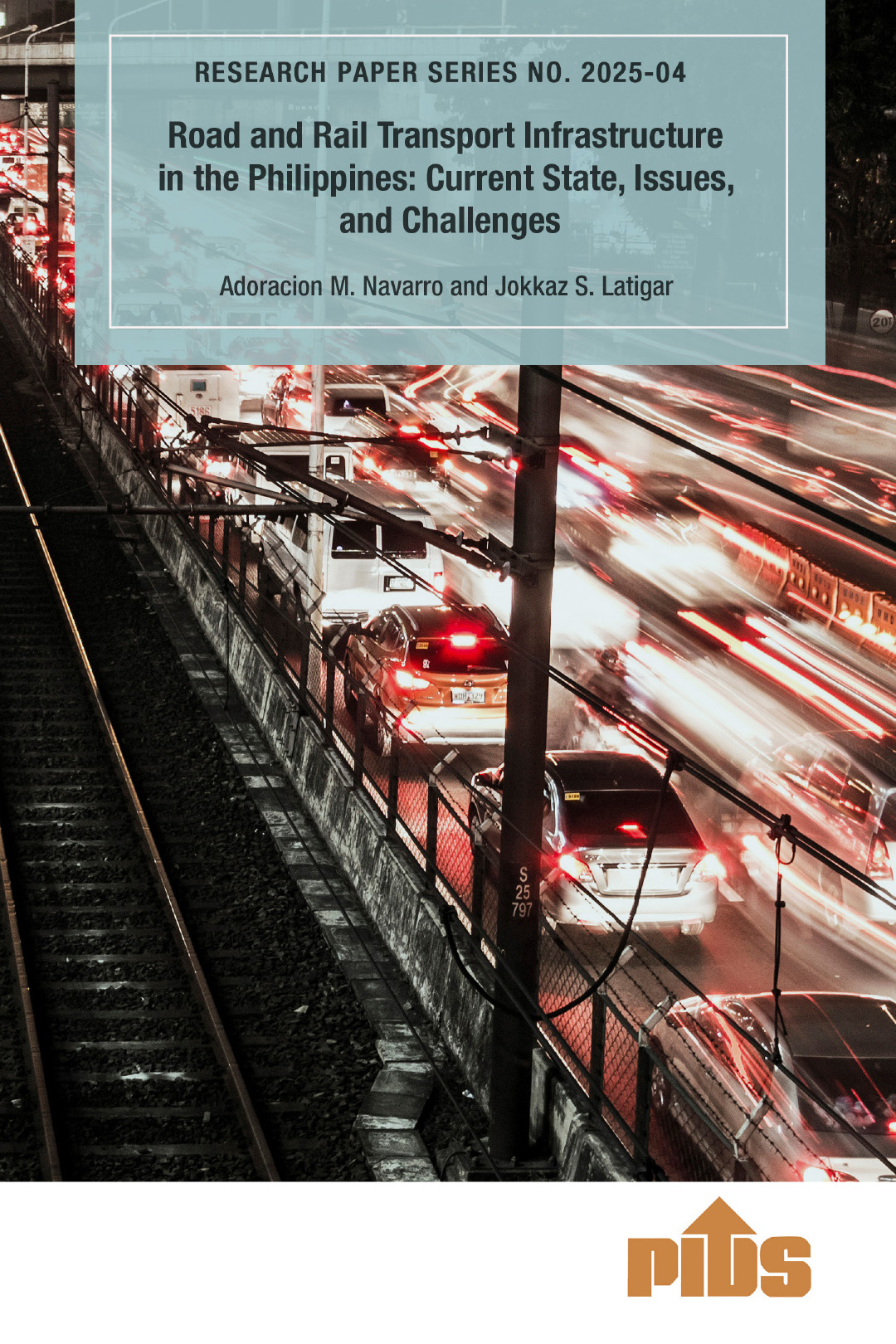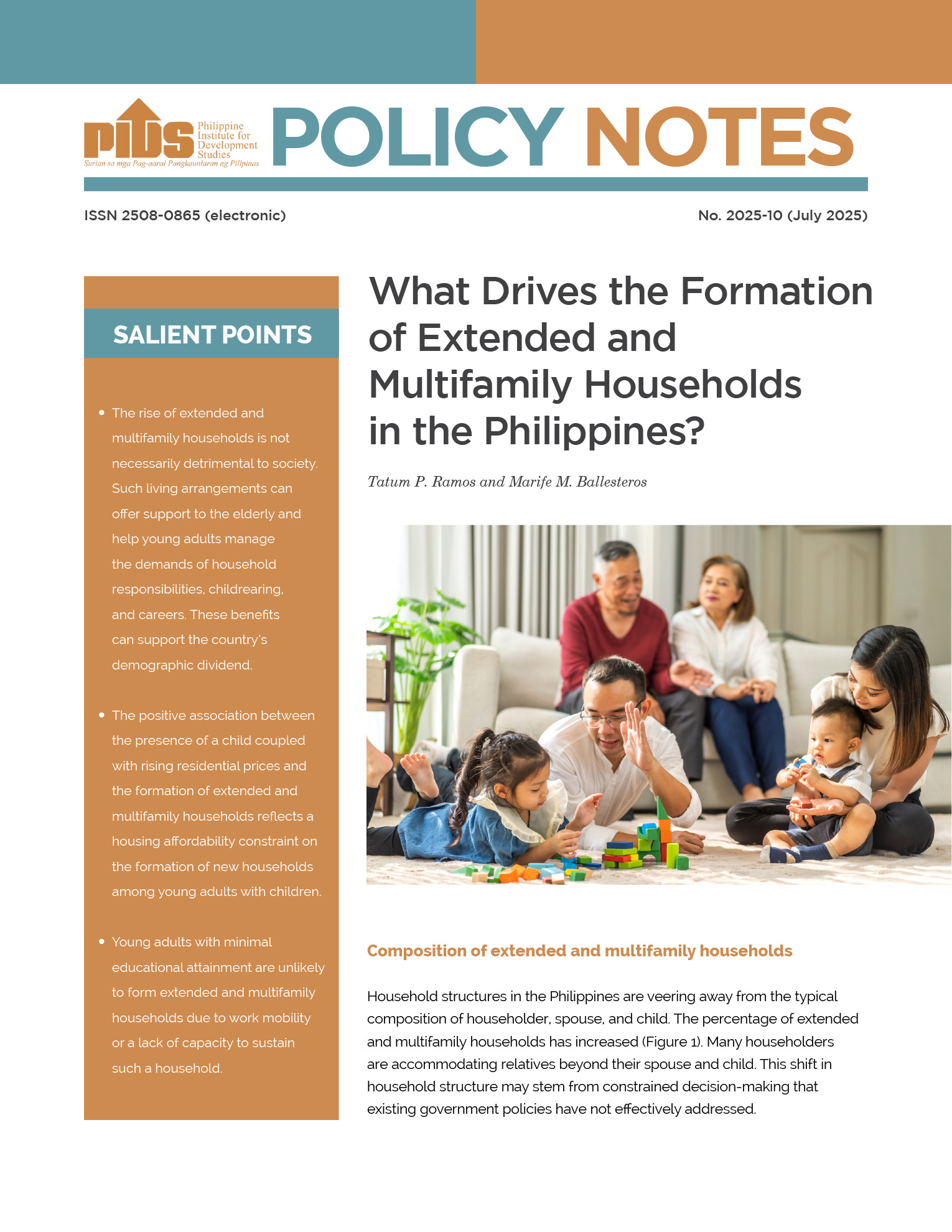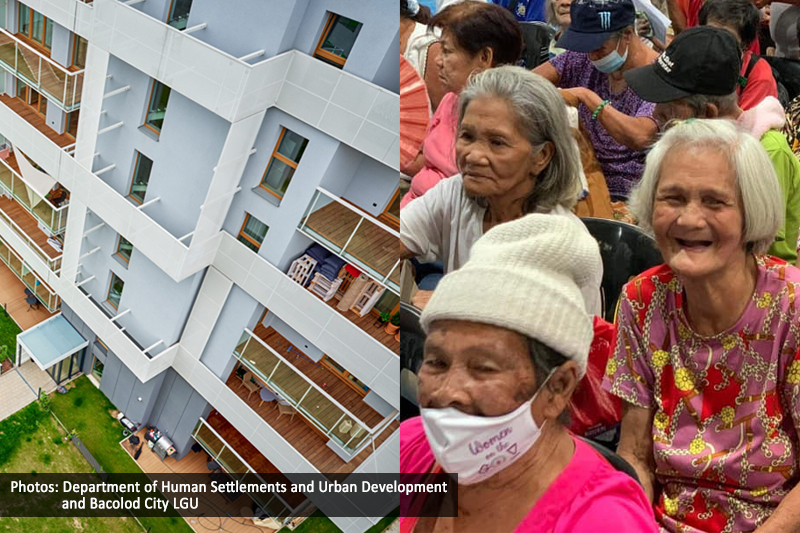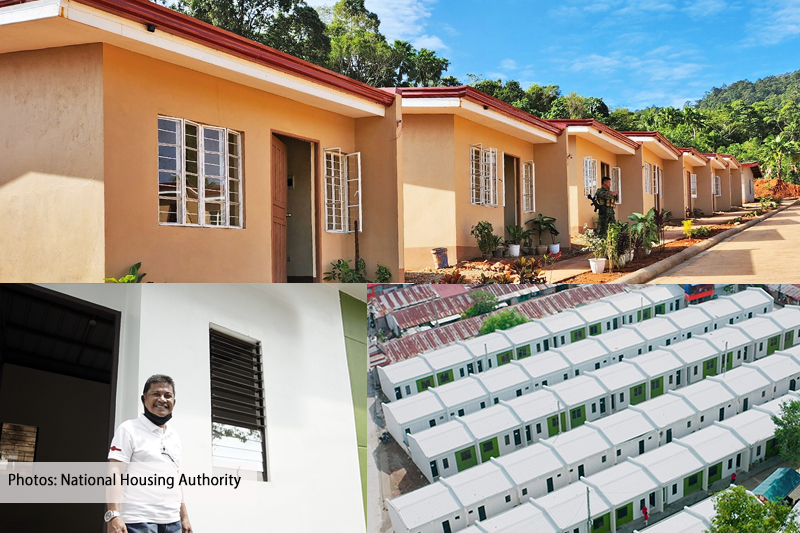Last year marked the 25th year of the Urban Development and Housing Act (UDHA). Enacted in 1992, the UDHA brought the hope of realizing a socially just, pro-poor urban development, particularly in addressing the issues concerning urban housing.
The final piece of social legislation of the first Aquino regime contained stipulations that not only addresses the immediate concerns of urban development and housing, but also — and perhaps more importantly — puts emphasis on people’s participation and empowerment. The UDHA as such held the promise of deepening democracy — construed as serving the twin goals of social justice, and popular empowerment — in the context of urban development.
Two decades hence, however, and the country continues to experience fundamental issues that concern urban development, particularly on urban housing. The Kadamay situation of last year is symptomatic of how unequal urban development has been in the Philippines, as well as how the policies in place have been failing in addressing such.
For all its potentials, the UDHA has been beset by ineffectiveness, reflected by the chronic housing backlogs, the continuing human rights violations of evictees and resettled peoples, and creeping inadequacies of socialized housing programs. Why has this been so?
Admittedly limited in scope and range, and by no means a thorough evaluation of the UDHA, this piece argues that the explanation for UDHA’s failure lies in the contradictions of the law itself.
The UDHA is technically not an urban land reform policy, embedded as it is in the “enablement” model of urban development.
The UDHA is primarily a product of the lobbying efforts of the organized urban poor. The opening up of the “democratic space” in the wake of the 1986 EDSA Revolution paved the way for the increased participation of such groups in the (formal) political realm, in the process empowering them. The 1987 Constitution itself, in Article XIII, Sections 9 and 10, enabled the UDHA’s enactment.
The UDHA thus contains stipulations that provide for a socially just, pro-poor urban development.
First, the law contains stipulations governing evictions and resettlement of informal settler families, safeguarding their rights through the provision of consultative mechanisms in all phases of the relocation process.
Second, the UDHA stipulates strategies for low-cost, pro-poor housing. The key element in such strategies is participation of both the private sector, and the urban poor communities themselves.
On one hand, the law gives incentives — in the form of rationalized processes, and tax exemptions, among others — to private real estate developers involved in socialized housing projects. On the other, the Community Mortgage Program (CMP) prompts the urban poor communities to organize. Third and last, the UDHA emphasizes community empowerment, and decentralization.
As mentioned above, the law stipulates the participation of urban poor community organizations in the consultative processes prior to eviction and/or resettlement. The CMP’s focus is on organized urban poor communities, as Section 33 of the law points out. Section 39 of the UDHA also stresses the role of the local government units (LGUs) in implementing the law, in coordination with other national government agencies, and other stakeholders.
For all its potentials, however, the UDHA has been continually critiqued for its ineffectiveness.
The housing backlog is currently estimated at 2.02 million, per the report of the Philippine Development Plan 2017-2022. The said document also estimates the national total of informal settler families to 1,502,336, close to 40% of which are in the Metropolitan Manila area.
More importantly, a 2014 report published jointly by the Institute for Popular Democracy (IPD), and the Commission on Human Rights (CHR) titled “Human Rights in the Rubble: A Review of Forced Eviction and Resettlement Law and Practice in Metro Manila” has found a number of weaknesses in the law’s protections for the rights of the poor informal settler families. Questions have also been raised concerning the CMP’s performance. Several research projects on the CMP published by the Philippine Institute for Development Studies (PIDS) pointed out a number of deficiencies in the CMP’s implementation, particularly concerns about the targeting of the beneficiaries and the transformation of communities into improved ones.
The UDHA is also embedded in the principle of “enablement,” which recasts the role of the state in urban development as an “enabler,” rather than that of a “direct provider.” Gavin Shatkin characterizes the said principle as “premised on the belief that governments should dramatically reduce their direct involvement in the delivery of goods and services,” in the process acting “as a facilitator in ‘enabling’ the private sector and civil society to deliver them.” Cedric Pugh points out, however that “enablement was more about reconfiguring state roles into relevant significance and effectiveness, rather than simply reducing the state’s economic allocations to the social sector.”
Nevertheless, the “enablement” principle arguably is reflected in the limited appropriations that has hounded the Philippine urban development and housing landscape.
The 2017 PDP points out that national housing received 0.05-0.11% of the budget for social services in the years 2014 to 2016, while another report points out that for 2017 alone, the combined budgets of the primary national housing agencies (the National Housing Authority [NHA], and the Social Housing Finance Corporation [SHFC]) are a measly 0.39% of the P3.35-trillion budget, targeting 1.7 million households for direct housing assistance.
The “enablement” principle also emphasizes decentralization.
Such contributes to the ineffectiveness of the UDHA in realizing a socially just and pro-poor urban development.
The IPD and CHR report discussed earlier has also found that the decentralized nature of eviction and resettlement policy and processes contribute to services that fall short of the international standards for human rights. As such, the report recommends further integration of the agencies concerned.
However, something more than a review of the law, or the creation of a Department of Urban Development and Housing, is called for.
The fundamental challenges are that of examining the ways by which the state can be strengthened while being embedded in an institutional matrix that reconfigures its role and that of searching the ways by which the contradictory logics of profit making and public service delivery in the context of socialized housing provision can be alleviated.
(For purposes of brevity, citations have been removed but are available upon request. — Ed)
Gino Antonio P. Trinidad is currently a Doctor of Public Administration student of the UP National College of Public Administration and Governance (UP NCPAG). He is a member of the faculty of Ateneo’s Political Science Department. He obtained both his MA Global Politics and AB Political Science degrees from Ateneo de Manila University.

